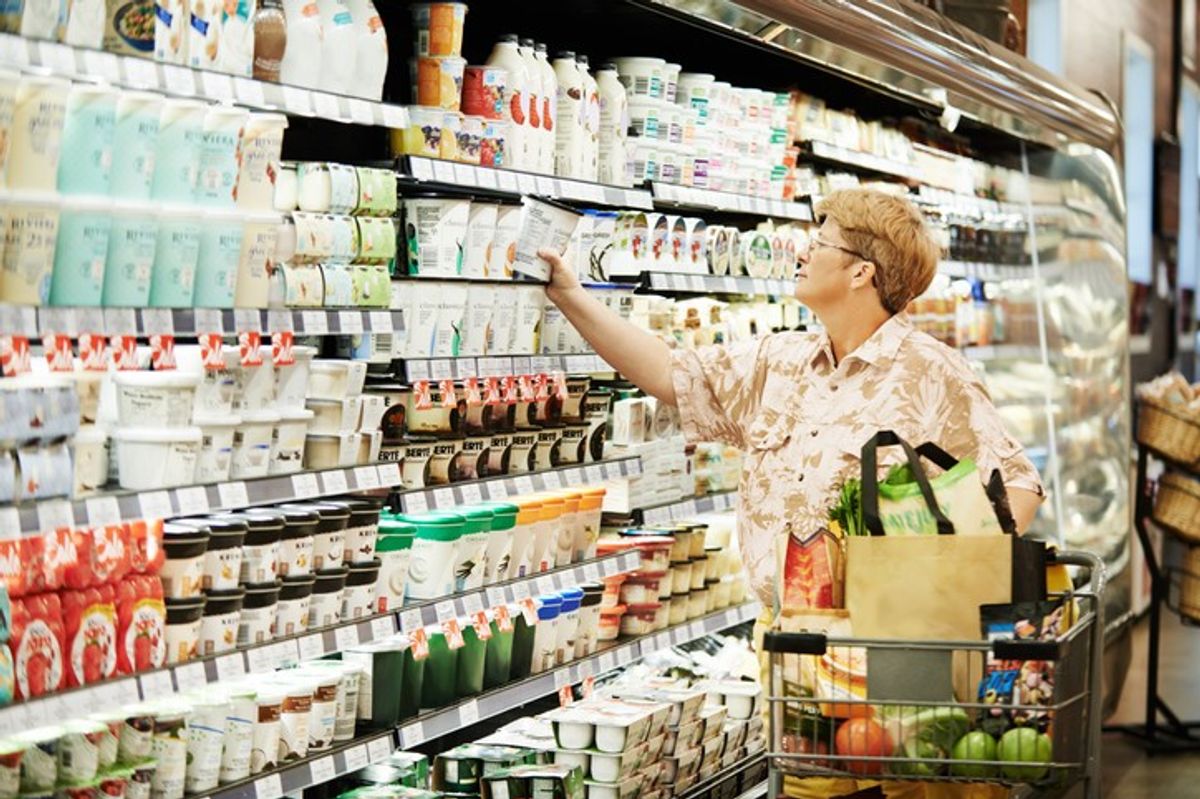Food sales fared better over the Christmas period, ticking up slightly from the previous year, amid overall sluggish sales as crucial "golden quarter" failed to give 2024 the send-off retailers were hoping for, shows latest data.
According to figures released by British Retail Consortium (BRC) today (6), UK total retail sales increased by 0.7 per cent with food growth rising by 3.3 per cent and the non-food declining by 1.5 per cent for the year.
For the three months to December (the Golden Quarter), sales growth was 0.4 per cent year on year.
Food sales increased by 1.7 per cent year on year in December, against a growth of 6.3 per cent in December 2023. This was below the 3-month average growth of 2.1 per cent and below the 12-month average growth of 3.3 per cent.
Non-Food sales increased by 4.4 per cent year on year in December, against a decline of 2.1 per cent in December 2023. This was above the 3-month average decline of 1.1 per cent and above the 12-month average decline of 1.5 per cent.
Helen Dickinson, Chief Executive at the British Retail Consortium, said, "Following a challenging year marked by weak consumer confidence and difficult economic conditions, the crucial ‘golden quarter’ failed to give 2024 the send-off retailers were hoping for.
"Non-food was particularly hard-hit, with sales contracting from the previous year.
"Food sales fared better over the Christmas period, ticking up slightly from the previous year, meanwhile beauty products, jewellery and electricals made a strong showing under the tree this year.
“While we project sales growth to average 1.2 per cent in 2025, this is below the projected shop price inflation of 1.8 per cent. This means volumes are likely to fall this year, all while the regulatory and tax burden on retailers will increase costs by £7bn from rising National Insurance Contributions, increasing national living wage, confirmed in the Budget, and new packaging levies.
"With little hope of covering these costs through higher sales, retailers will likely push up prices and cut investment in stores and jobs, harming our high streets and the communities that rely on them.
"Government must find ways to mitigate this, so that retailers can invest more in growth and jobs, starting with its planned business rates reform where it must ensure that no shop ends up paying higher rates than they do already.”
Commenting on food and drink sector performance, Sarah Bradbury, CEO, IGD, said, "Early results for Christmas trading show some positive signs with both grocery sales and volumes up compared to last December, although the rate of growth has slowed compared to 2023.
"The festive season usually leads to a lift in shopper confidence; December 2024 was no different, with wage growth outstripping inflation, contributing to the uptick this year.
"As is often the case, some shoppers opted to treat themselves by trading-up with some product choices this Christmas.
"However, with the economic outlook for 2025 remaining relatively weak, and with households facing the prospect of rising bills, this shopper behaviour could be short-lived.”


